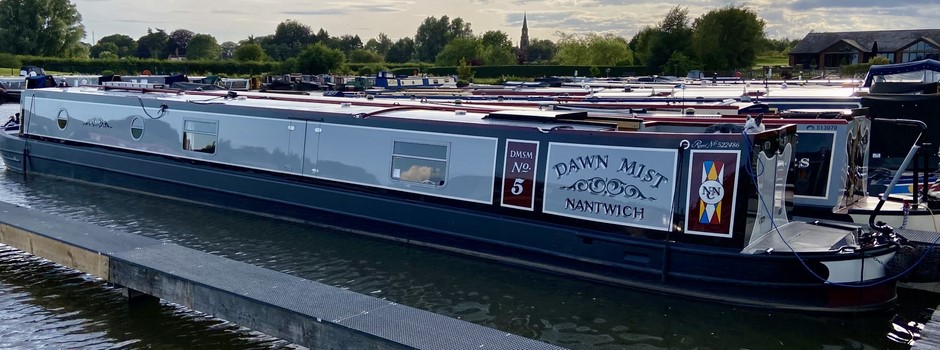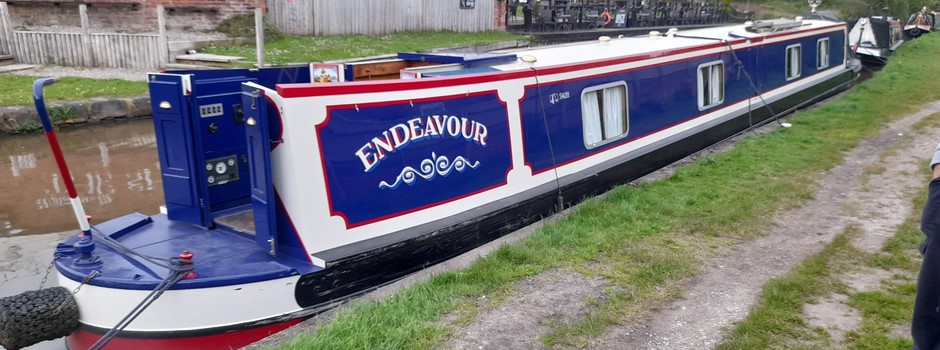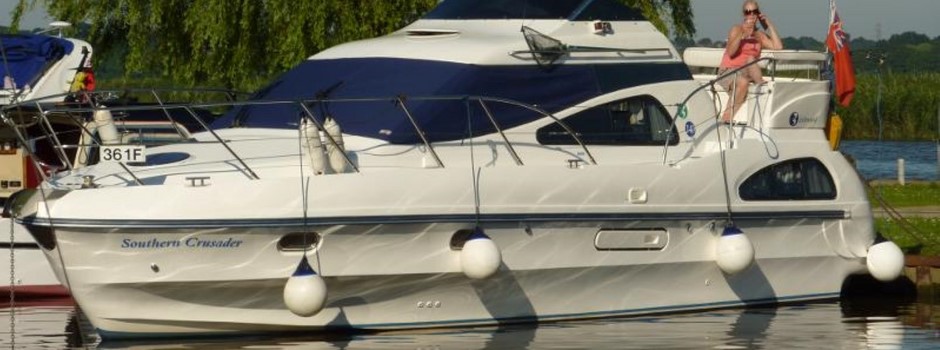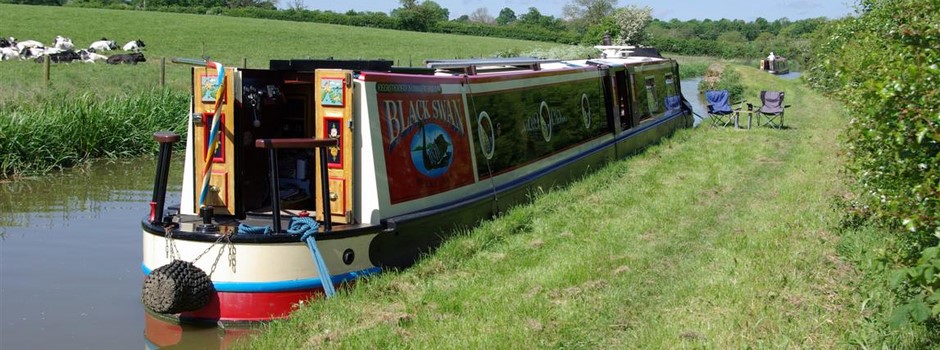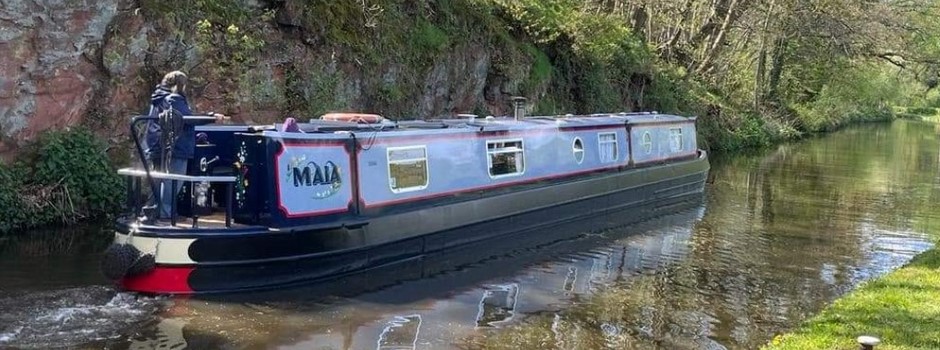Running costs on your shared boat
Shared Narrow Boat Running Costs
It should be noted that these comments really only apply to narrow boats on the UK canals. They may interest you in general if you are thinking of buying a share in a different type of boat but there is no real way to compare like for like on say barges in France or boats on the Norfolk Broads or smaller one and two week shares.
I think what is important is to realise that in the 20 years of being involved in boat sharing I have yet to come across a boat owner who is trying to "rip you off". However, I have come across owners who simply do not have a clue about exactly what they pay, so if you need an EXACT figure best press the vendor on the figures, otherwise treat the sums seen as a general indication!
It is important to realise that costs are simply "shared". If an engine needs replacing everyone just pitches in.
It is important to realise that costs are simply "shared". If an engine needs replacing everyone just pitches in.
Please note that School Holiday Shares are generally charged differently and the figures below do NOT take this in to account.
When it comes to buying a share apart from the actual cost of the share there is also something else to take in to account, and that is how much you will be paying year on year for your time on board.
Vendors may make these figures look lower than they really are, not out of any desire to trick you but just because sometimes they pay a monthly sum for the actually ongoing costs such as moorings, licence, engine services etc. and another fee, known as "Winter Maintenance", is paid as a separate lump sum outside of these costs. This especially happens on managed schemes but this could also happen in private schemes.
In a "vague nutshell" ALL boats cost more or less the same to licence, moor, service etc. week in week out, so the true costs vary very little from boat to boat.
ALL boats need major (ish) repairs from time to time. A new engine being the dearest, or a major re-paint, but a new boiler maybe, or a bathroom re-fit by example. These major costs are sometimes hived off and charged under the "winter maintenance" heading and paid for as a one off payment, usually at the start of the year, or soon after the boat has had the work done in the winter (so when not in use).
So, when buying in to a scheme you might like to ask if any major works are planned, such as those outlined above, as these could seriously ramp up your running costs in the short term. That said if you got a graph and drew a line and compared a number of boats over say 5 years they would probably average out much the same when the peaks and troughs are taken in to account.
The CHEAPEST boats on running costs (per week boating) will be those shared between a few owners (say half a dozen) and where no management firm is employed. That said these tend to be more basic boats with less "toys" (to go wrong!).
So, when buying in to a scheme you might like to ask if any major works are planned, such as those outlined above, as these could seriously ramp up your running costs in the short term. That said if you got a graph and drew a line and compared a number of boats over say 5 years they would probably average out much the same when the peaks and troughs are taken in to account.
The CHEAPEST boats on running costs (per week boating) will be those shared between a few owners (say half a dozen) and where no management firm is employed. That said these tend to be more basic boats with less "toys" (to go wrong!).
The next level will be on nominally 12 owner boats that WERE managed but where the owners now run the boat themselves.
The HIGHEST will be boats in managed schemes.
So if you look at a share for sale in a managed scheme and the costs look very low best to ask a few more questions, equally if they look high on a private boat this would probably be a blip, and you should ask why.
As a ROUGH guide (correct 2019) a private boat with 12 owners will cost you about £900/£1,000 and get you 3/4 weeks a year and a managed boat around £1,300/£1,400 a year, where the difference will be the actual management charge. For both these options you will get three or four weeks per annum on board. So from the above you will see that you pay around £300 a year to a management company to look after your boat/share.
When you are asking about a share it would pay to ask for specifics on the running costs and how winter maintenance figures have been apportioned in to them, if any major works are planned and if there is any reserve fund (see below).
SAVING UP FOR AN ENGINE OR A RE-PAINT
When you are asking about a share it would pay to ask for specifics on the running costs and how winter maintenance figures have been apportioned in to them, if any major works are planned and if there is any reserve fund (see below).
SAVING UP FOR AN ENGINE OR A RE-PAINT
THERE IS ALSO ANOTHER FACTOR TO ASK ABOUT: On some boats they "save up" year on year for major works, say a "re-paint fund" or "engine fund". Sometimes the balances in these savings pots can be quite high, and if you buy a share from somebody you in theory benefit from all the money the vendor has paid in over the years. So it could be good to ask about any such funds as well. By example say there is £6,000 in a "fund" and you are buying a 12th share, then £500 of that is "yours" so it is like getting £500 off the price you actually are paying for the share.
